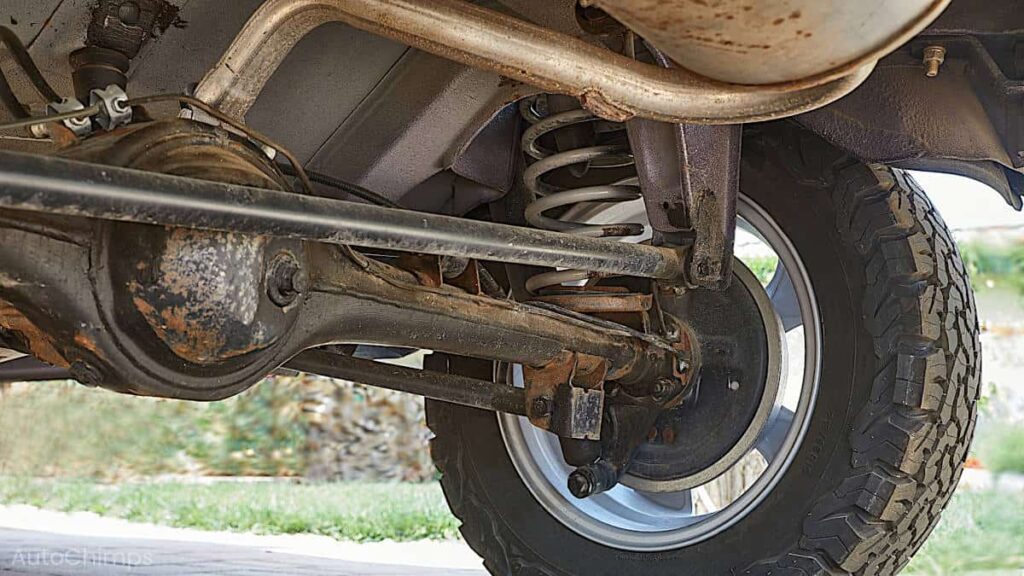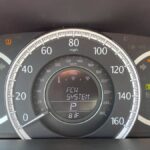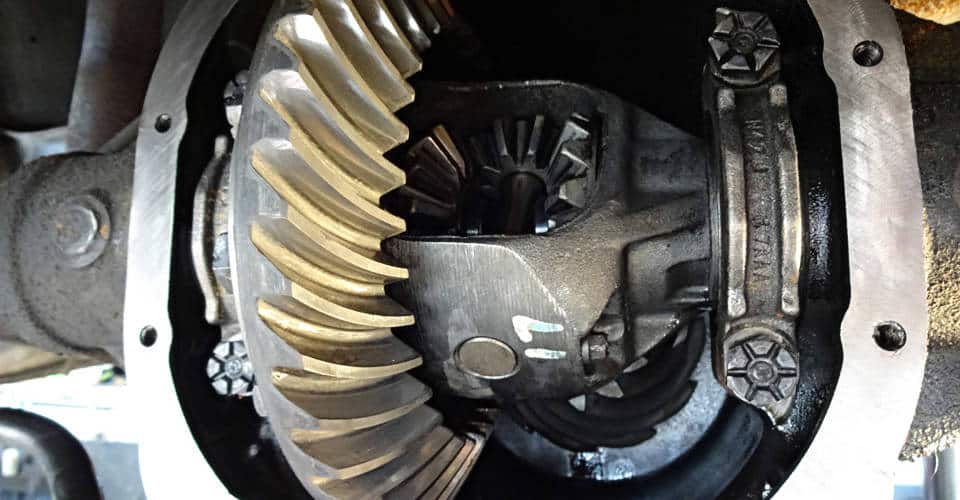
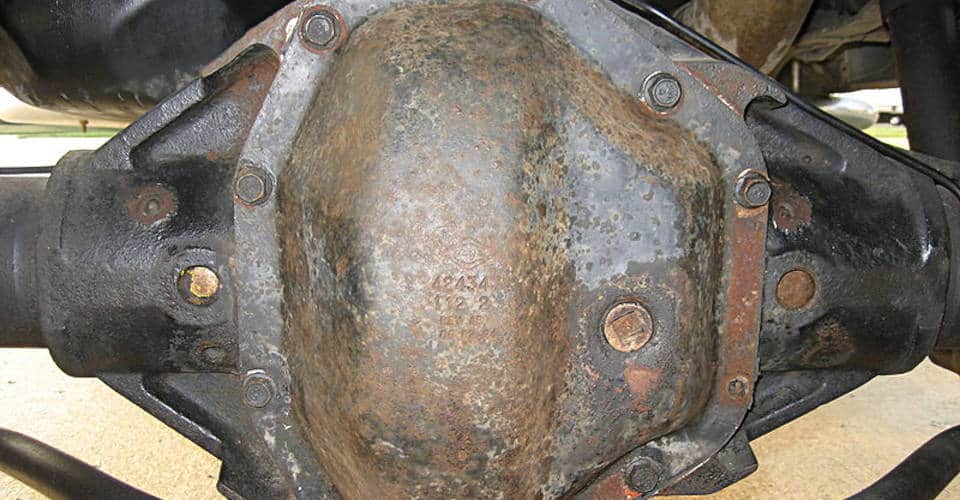
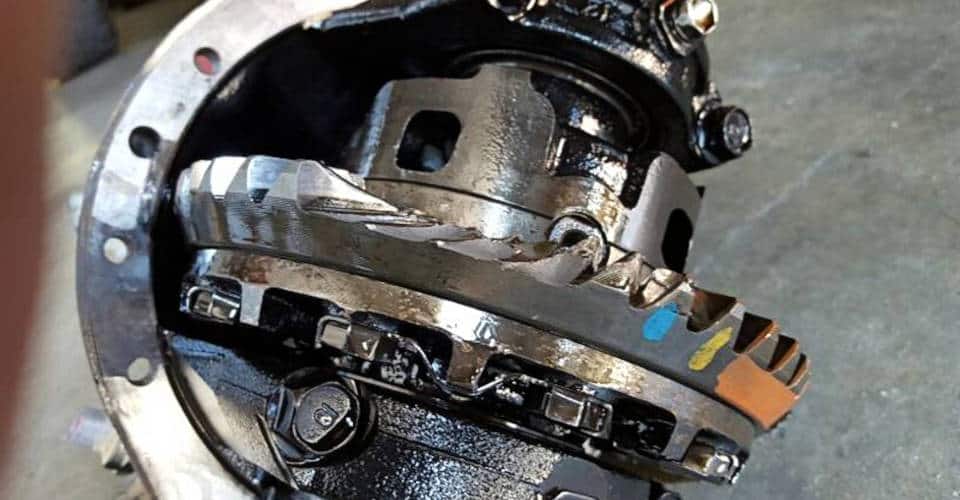
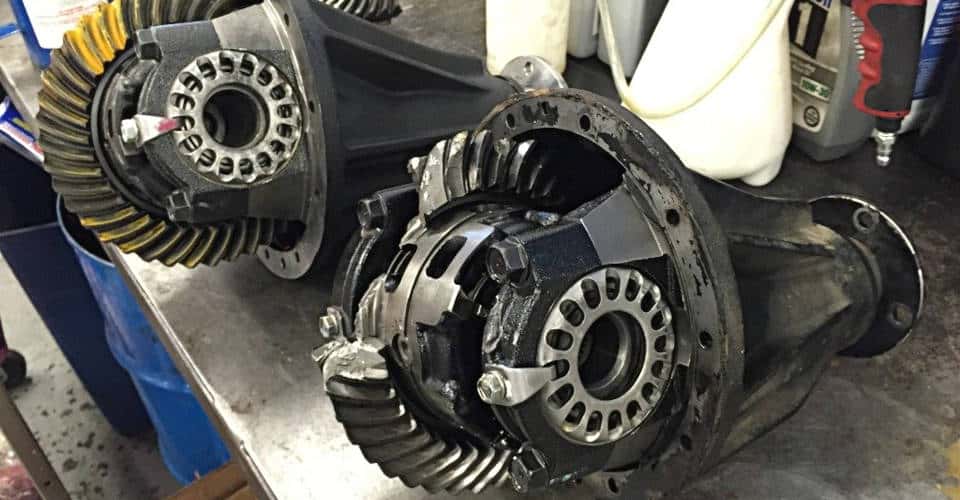
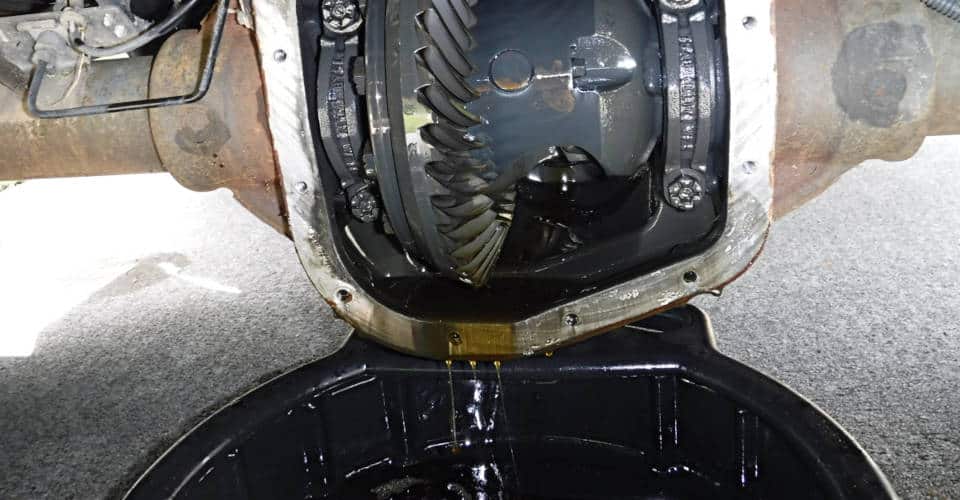
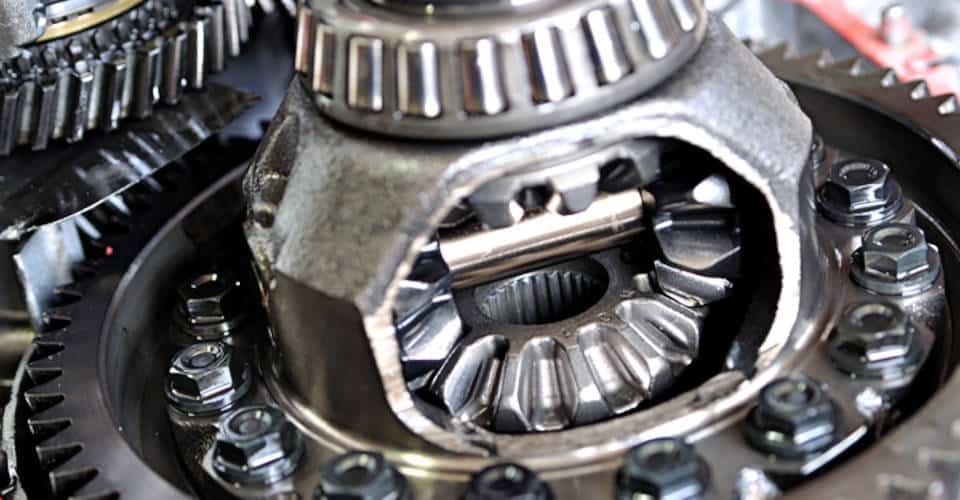
Understanding Rear Differentials: Costs, Signs of Failure, and Repair Options
The only thing longer than the word “differential” is the bill that comes with replacing one. This essential part of the drivetrain lets your wheels spin at different speeds, especially when turning. Sounds important, right? It sure is!
How Much Does It Cost to Replace a Rear Differential?
If fixing a gasket, bearing, or sealing up leaks isn’t on the table, brace for a bill between $1,500 and $4,000. Ignoring a faulty differential can lead to serious damage and safety risks.
This guide covers everything about rear differentials, from what they are and how they work to spotting problems and understanding repair costs.
For the sake of brevity, “differential” will often be shortened to “diff.” Let’s dive into the basics!
What Is a Rear Diff, and How Does It Work?

Think of wheels on a track: when a car turns, each wheel takes a different path. They need to spin at different speeds to keep things smooth. That’s where the diff comes in.
The engine sends power through the transmission to the driveshaft, which connects to the differential. The diff then splits that power between the wheels, letting them rotate at their own pace. For a deeper dive into how this works, check out a detailed video on the topic.
Types of Differentials

Open Differential
This is the most basic type of diff, and it’s also the cheapest. It lets the wheels turn at different speeds but can’t limit power if one wheel slips. Not great for slippery roads.
Limited-Slip Differential
A limited-slip diff works like an open one under normal conditions but can adjust power distribution if a wheel loses traction. This adds stability and safety.
Locking Differential
Off-roaders know this one well. A locking diff uses clutches to make sure both wheels get equal power, which is great for tough terrain. But if not off-roading, it’s best to keep it unlocked.
Torque-Vectoring Differential
The most advanced type, this diff uses sensors and electronics to optimize traction based on driving conditions. It’s all about getting the best grip, no matter the situation.
Signs of a Bad Rear Differential

Whining or Grinding Noises
Hearing a whining sound from the rear diff, especially while turning? That’s a sign the differential fluid might be low. This fluid keeps gears and bearings lubricated, so if it runs out, things can get messy.
Differential Fluid Leak
If fluid is leaking, a seal might be busted. Look for a gray or tan puddle under the rear of the vehicle.
Tire Damage
A faulty diff can cause uneven tire wear. If it goes unchecked, it could lead to a blowout.
Vibrations While Accelerating
Worn components can cause vibrations, especially when hitting the gas. This is a clear sign that something’s off with the diff.
Handling Issues While Turning
If the part that keeps the ride steady while turning starts to fail, handling can get unpredictable, making driving dangerous.
Repair Options for a Rear Diff

Gasket Replacement
Most rear-diff covers are made from rubber or silicone, which can wear out. Replacing them is a straightforward fix that usually takes about an hour.
Bearing Replacement
There are two bearings in a differential. If they start grinding, they need replacing. This job can take up to 5 hours, so it’s pricier.
Sealing the Piston and Side
If there’s a fluid puddle, the piston or side might need sealing, which is a time-consuming process.
Replacing the Rear Differential Entirely
If repairs aren’t feasible, a full replacement might be necessary. This is the last resort and usually means the gears are shot.
Cost of Repairing or Replacing a Rear Differential

Repair Costs
For simple fixes like a gasket replacement, expect to pay around $150-$250. But if it’s a bearing or sealing job, costs can climb to $400-$800.
Replacement Costs
Replacing a rear differential can set someone back anywhere from $1,500 to $4,000, depending on the vehicle and whether it’s a new or used part.
How to Maintain a Rear Differential

To keep the rear diff in top shape, change the differential fluid every 30,000-50,000 miles. Also, get the drivetrain checked annually. This can help catch issues before they escalate into costly repairs.

